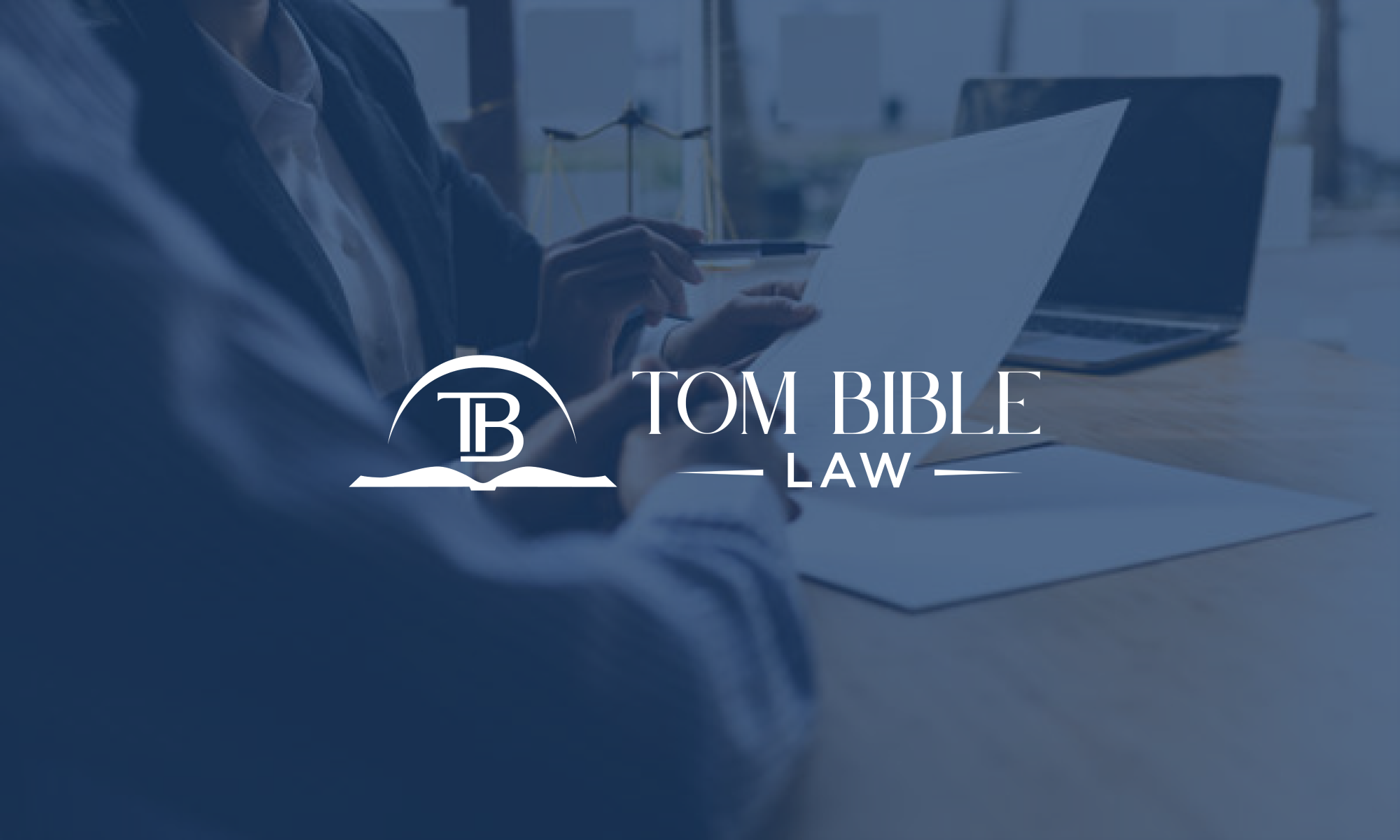Budgeting is not always easy. However, there is not only one way to budget. Facing difficulties with budgeting may just mean you have not found the right budgeting strategy for you. Exploring various types of personal budgeting methods might help you start taking control of your finances. If you find yourself in a financial bind, then consider asking a Chattanooga bankruptcy lawyer for help.
Types of Budgeting
There are several types of budgeting strategies to choose from. Not all of these budgeting strategies may work for your unique financial situation. You may also have certain preferences for how to budget. The important thing is that you choose the budgeting technique that you feel would be best for you.
The pay-yourself-first budget means you put your money into savings first each month. This can work by manually transferring a certain amount of money into your savings each month. Some banks also let you set up a reoccurring automatic transaction on a monthly basis.
You may have heard about the zero-based budget. Unlike other methods, this budgeting method will not be the same each month. This method has you assign every dollar of your monthly income to something specific until you have zero dollars left by the end of the month.
The envelope budget works in a similar way. You put monthly earnings in envelopes that are divided up into different budgeting categories. No more money can be spent once all the money has been placed in the envelopes.
There are other budgeting strategies that can help like the 50/30/20 budget and the no-spending budget. The 50/30/20 budget has you divide your monthly income into three different categories. This means 50 percent of your income goes to necessities like bills, 30 percent goes to non-necessities like entertainment, and 20 percent goes to savings and financial goals.
For the no-spending budget, the main goal is to remove all non-necessities from your spending. This means only spending money on necessities like food, gas, and bills. As difficult as this sounds, this can be used for a few months to build up a lot of extra money.
How to Start Your Budget
To Start A Budget, you must first start by subtracting your average monthly spending from your average monthly income. Look at what money is left over. If no money is left over, then budgeting might finally change this.
Start categorizing your monthly spending into a list. For example, this list may include bills, debt payments, insurance, gas, groceries, entertainment, phone bills, and other spending. Divide this list into necessities and non-necessities. Examine your list of non-necessities carefully to start figuring out which of those expenses you can cut.
Explore your other expenses and consider whether there might be ways to reduce these costs. This may include a new payment plan, buying off-brand, or other financial tricks.
Contact Tom Bible Law for Help
Facing bankruptcy can feel overwhelming. Feel free to call us at Tom Bible Law by dialing 423-874-6628 for a consultation today. Our experienced team of Tennessee Bankruptcy Attorneys is prepared to help you explore all your options for filing bankruptcy. We serve clients throughout the Tennessee cities of Chattanooga and Tullahoma.


